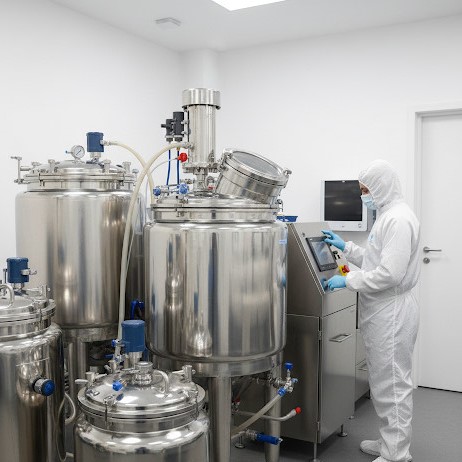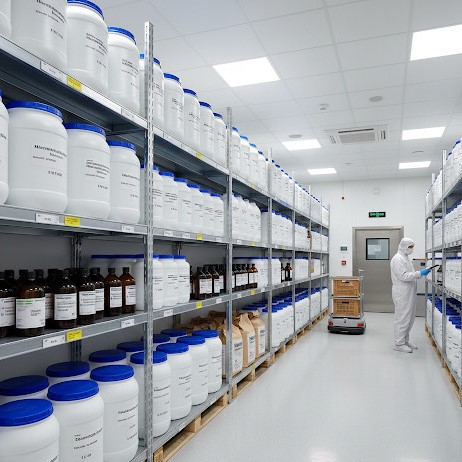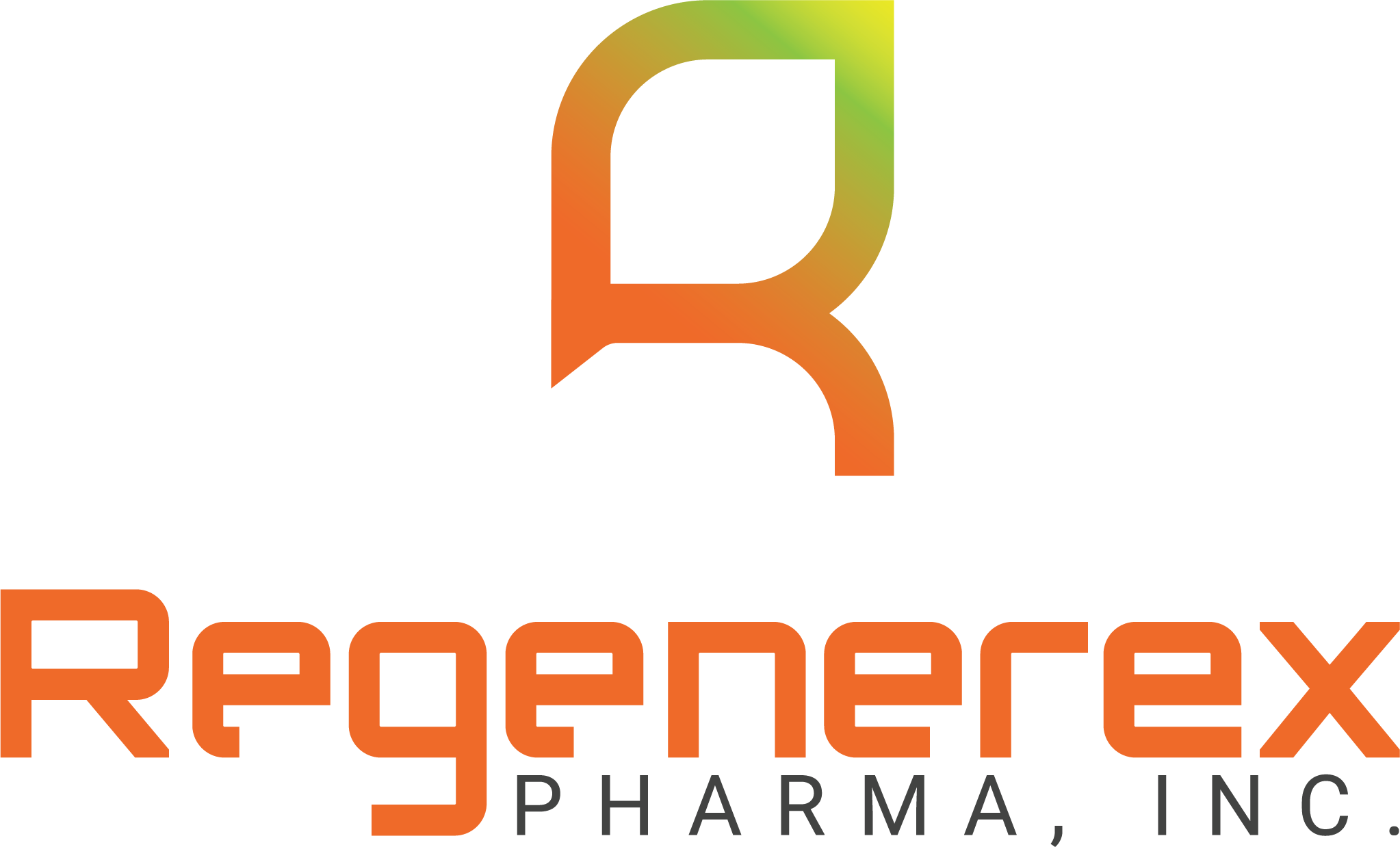Clinical
Clinical Trials and Studies
The Regenerex System has been shown in many clinical trials to successfully close up to 95% of non-responding chronic wounds within 90 days. The wounds clinically tested had already been subject to current protocols of treatment and failed to heal. Competitive clinical trials indicated there isn’t another System that has the ability to close chronic wounds at these levels and speed. Not only does our System close chronic wounds relatively quickly but it does so at a very reasonable cost.
Background
Our QBx™ technology is the most efficacious, and clinically proven, chronic wound care product line in the world. Chronic wounds are those that fail to progress through a normal, orderly, and timely sequence of repair. They are not only characterized by delayed healing for weeks, months, or even years, but also by a resistance to treatment with conventional dressings and therapies. They impart a particularly devastating financial and quality-of-life burden on individuals suffering from the wounds and are frustrating for the caregivers and clinicians who attempt to manage, but fail to heal these wounds.
Non-healing chronic wounds are thought to be a consequence of factors that affect both the production of new tissue and the elevated destruction of existing tissue. Biochemically, these wounds appear to be stuck in a catabolic, inflammatory phase that is hostile to local growth factors and the activity of fibroblasts and keratinocytes. Increases in matrix metalloproteinases (MMPs) MMP-2 and MMP-9 are of significance in non-healing chronic wounds.
MMPs are a group of zinc-containing proteolytic enzymes that play an important role in the remodeling of the extracellular matrix of wounds. An overproduction of MMPs may result in degradation of the extracellular matrix and inactivation of vital growth factors. A precisely orchestrated balance of MMP production and their natural inhibitors (TIMPs) is needed.
Additionally, it is theorized that wounds stuck in the inflammatory phase persistently overproduce free radicals or reactive oxygen species (ROS). At low concentration and early in the inflammatory phase of wound healing, ROS such as hydrogen peroxide (H2O2), have a positive effect on healing through stimulation of fibroblast proliferation. However, persistent overproduction of ROS is thought to be detrimental to healing. A new treatment strategy has emerged focused upon manipulating the expression of genes which control the endogenous production of MMPs and TIMPs within the local wound environment. Contrary to modalities designed to sequester MMPs and/or act as a competitive substrate for protease activity, this technology strategy relies on delivery of metal ions into the wound to help regulate gene expression for the production of MMPs and TIMPs, thus bringing them into balance. These metal ions are delivered via a polyethylene glycol based, QBx™ ointment, which also contains citric acid to help normalize wound pH and reduce ROS activity. The QBx™ ointment is delivered via a tube or an acetylated regenerated cellulose carrier which allows for the passage of wound drainage and is non-fibre shedding. The entire composition is marketed as our primary wound dressing called Accelerex™.
Approximately 80% of chronic wounds display elevated levels of MMPs. Traditionally, however, these wounds have been managed with simple gauze and gauze-like dressings to cover and protect the wound. Other modern wound dressings such as hydrocolloids and collagens absorb wound fluids, but these dressings do not impact the cellular environment. This void in the treatment regimen offers a unique market advantage. QBx™ contributes to creating a suitable environment to allow wounds to close. These formularies are based on Proteases Down Regulating Technology and provide the System for a comprehensive suite of wound care products focused on the treatment of chronic wounds.
Our Research
Our clinical research is ongoing to demonstrate the efficacy of QBx™ technology and Regenerex products.



